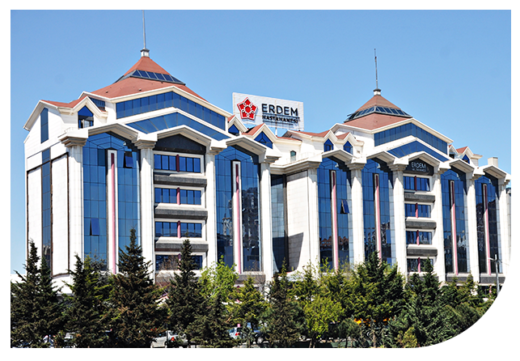No two children are alike and that’s especially true when it comes to autism. Often misunderstood, autism spectrum disorder (ASD) is not a single condition but a wide-ranging developmental difference that affects how children communicate, interact socially, and experience the world.
It’s natural for parents to feel overwhelmed or uncertain when hearing the word “autism.” But early understanding, support, and intervention can empower both children and families to thrive.
What Is Autism Spectrum Disorder (ASD)?
Autism spectrum disorder is a neurodevelopmental condition that typically appears in early childhood. It affects the brain’s wiring in ways that influence social behavior, communication, sensory processing, and patterns of behavior or interest.
The term “spectrum” is key because children with autism can have vastly different abilities and challenges. While some may be nonverbal or require daily support, others speak fluently, excel in certain subjects, and simply experience the world through a different lens.
Autism is not an illness or disease. It’s a neurodivergent way of being a different but equally valid expression of human diversity.
How Early Can Autism Be Detected?
Signs of autism often appear before a child turns 3 years old, but in some cases, they may be more subtle and only become noticeable once social demands increase such as when a child begins school or daycare.
Early signs may include:
- Lack of eye contact or response to name
- Delayed speech or language development
- Limited use of gestures (e.g., pointing, waving)
- Repetitive movements (rocking, hand-flapping)
- Intense interest in specific objects or topics
- Resistance to change in routines
- Unusual sensitivity to sound, textures, or lights
- Difficulty with pretend play or understanding social cues
Some children may also exhibit strong memory skills, exceptional focus, or heightened attention to detail signs often associated with high-functioning autism.
How Is Autism Diagnosed?
Diagnosing autism requires careful observation, developmental history, and input from both parents and professionals. There is no single blood test or scan diagnosis is clinical, usually carried out by a multidisciplinary team that may include:
- Pediatricians
- Child neurologists
- Child psychologists or psychiatrists
- Speech and language therapists
- Developmental specialists
Diagnostic tools such as the ADOS (Autism Diagnostic Observation Schedule) and parent questionnaires help guide the process. In many cases, the diagnosis opens the door to early support services that can significantly improve outcomes.
What Causes Autism?
There is no single known cause of autism, but researchers believe it arises from a complex interaction of genetic and environmental factors.
What we do know:
- Autism is not caused by parenting styles
- It is not triggered by vaccines
- It is not “caused” by screen time
- Siblings of children with autism have a higher risk, suggesting a genetic component
- Premature birth or low birth weight may slightly increase the likelihood
Importantly, autism is nobody’s fault. It’s a natural variation in human neurodevelopment.
Supporting a Child with Autism
There is no one-size-fits-all approach to supporting a child on the spectrum. The goal is not to “fix” autism, but to nurture the child’s development, communication, and independence in ways that respect who they are.
Effective supports may include:
- Speech and language therapy
- Occupational therapy to improve sensory and motor skills
- Behavioral therapy (e.g., ABA or play-based interventions)
- Social skills groups
- Parent coaching and support networks
- Educational accommodations (e.g., individualized learning plans)
Some children may also benefit from assistive technologies or alternative communication tools like PECS (Picture Exchange Communication System) or AAC (Augmentative and Alternative Communication) devices.
Early intervention ideally before age 5 can lead to remarkable progress. But support at any age can make a meaningful difference.
Autism and Everyday Life
Children with autism often experience the world with heightened awareness and deep focus. Their routines may be structured, their interests intense. They may struggle with transitions or noise but they also often show great honesty, creativity, loyalty, and original thinking.
What helps:
- Predictable routines
- Clear, consistent communication
- Quiet spaces for self-regulation
- Celebrating their strengths, not just managing their challenges
- Patience from parents, caregivers, teachers, and society as a whole
With the right environment and understanding, children with autism can flourish socially, academically, and emotionally.
Building a Brighter Future, Together
Raising a child with autism isn’t always easy but it’s filled with moments of joy, discovery, and profound connection. The key is early recognition, tailored support, and community that walks the journey with you.
If you suspect your child may be on the spectrum or are seeking a comprehensive assessment, the pediatric developmental team at Erdem Hospital offers individualized evaluations, multidisciplinary care, and family-centered guidance to help your child thrive on their own terms.

